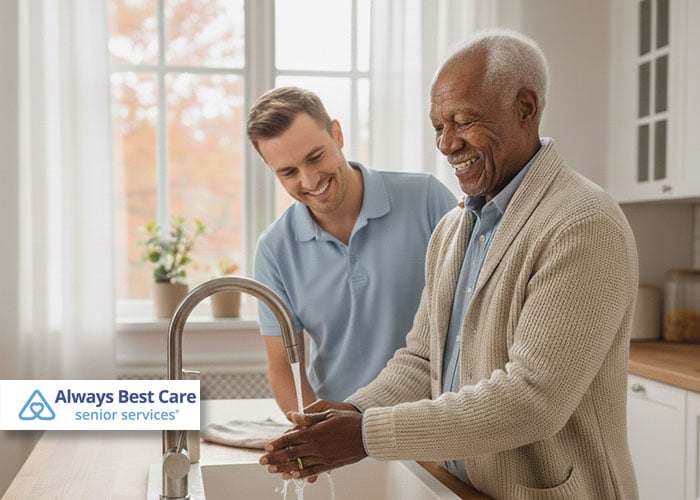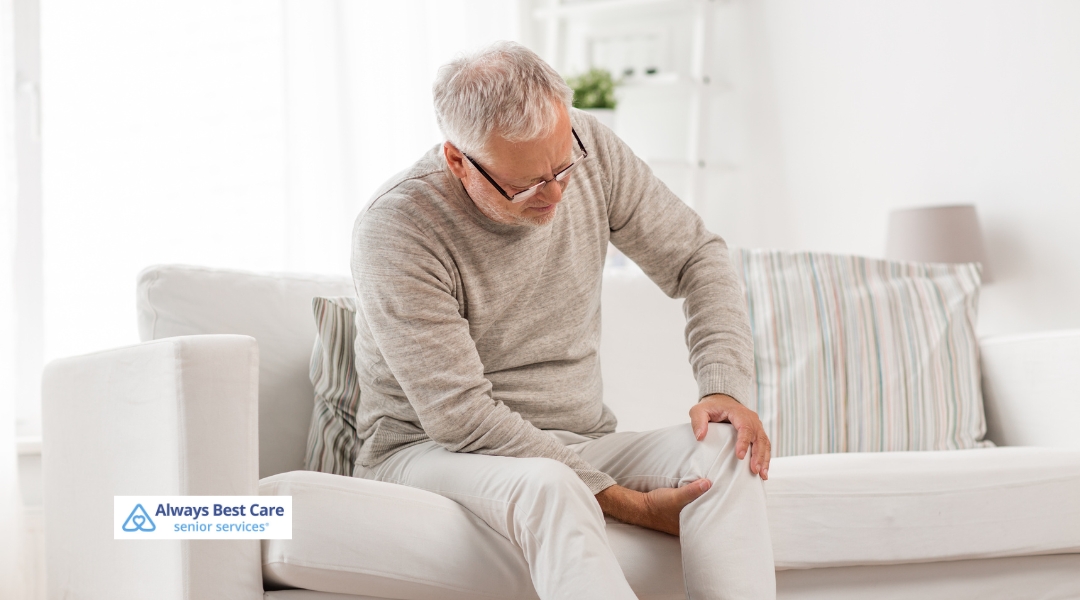5 Common Infections in Older Adults

According to the American Academy of Family Physicians, “Infectious diseases account for one-third of all deaths in people 65 years and older.” That is why infection prevention and early detection are key to reducing risk and keeping seniors as healthy as possible.
- Bacterial Pneumonia
Pneumonia can either be caused by a virus or bacteria. When bacteria enter the lungs, it can cause air sacs to become inflamed or fill with fluid making it difficult to breathe. The body often does not receive enough oxygen. Bacterial pneumonia is a leading cause of hospitalization in seniors and can be difficult to identify until it becomes more severe.Seniors do not always present with typical symptoms such as fever or cough. Instead, they may experience confusion, dizziness, loss of appetite, and weakness. There is a pneumonia vaccine that can help prevent pneumococcal disease. - Influenza
Influenza or the flu is another very common respiratory infection that is spread quickly through coughing or sneezing, especially in community settings such as hospitals and senior living facilities. Seniors can benefit from a high-dose influenza vaccine to minimize risk and reduce severity of symptoms. Much like with pneumonia, older adults may not present with a high fever or cough. Pay attention to changes in behavior, lethargy or weakness, and confusion. - Skin Infections
The tiniest cut, scrape, or ulcer can be an easy entryway for bacteria and germs leading to infection. Moisture and contact can also breed infection. Seniors should regularly inspect their skin for rashes, unusual marks, or ulcers, and be mindful of itching, redness, or pain. MRSA, shingles, and foot infections are some of the most common infections.To help prevent skin infections, regular hand-washing and good personal hygiene are important. After showering, skin should be thoroughly dried so moisture does not become trapped, and cuts or scrapes should be cleaned and bandaged. - Urinary Tract Infections
While younger adults often notice pain or burning when urinating as signs of a urinary tract infection (UTI), for seniors, it may present as sudden incontinence, confusion, weight loss, or loss of appetite. If left untreated, UTIs can become serious and lead to hospitalization, but they can often be cleared up with a round of antibiotics if caught early. Drinking plenty of fluids and maintaining good personal hygiene can help reduce risk. - Gastrointestinal Infections
There are a lot of healthy bacteria that live in the gut, but sometimes unhealthy bacteria can be present too. This bacteria often comes from contaminated water or undercooked food and can cause diarrhea, vomiting, abdominal discomfort, and fever. However, it can also develop as a result of taking antibiotics which end up destroying healthy bacteria. It is very important to stay hydrated to support recovery and minimize complications. Washing hands before eating and after using the restroom, and ensuring that food is thoroughly cooked can help prevent infection.
In-home care can help reduce risk of common infections by helping seniors maintain a cleaner environment, practice good hygiene, and properly prepare and store meals. A caregiver can also be another set of eyes to recognize changes in behavior, mental status, appetite, and overall health to detect potential infections earlier. Learn more about how in-home care can support infection prevention and well-being by contacting Always Best Care at (855) 470-2273 to schedule a free consultation.





